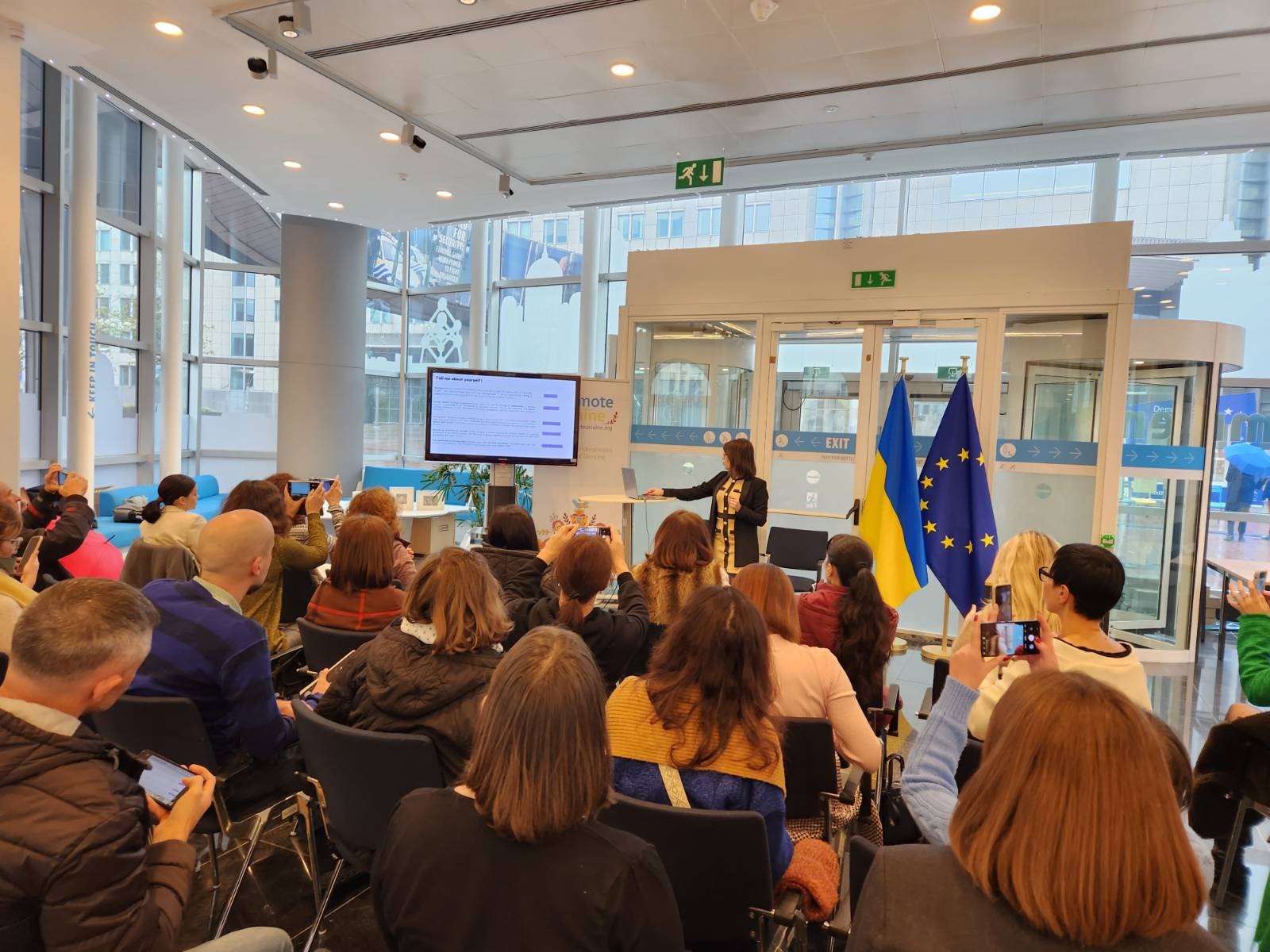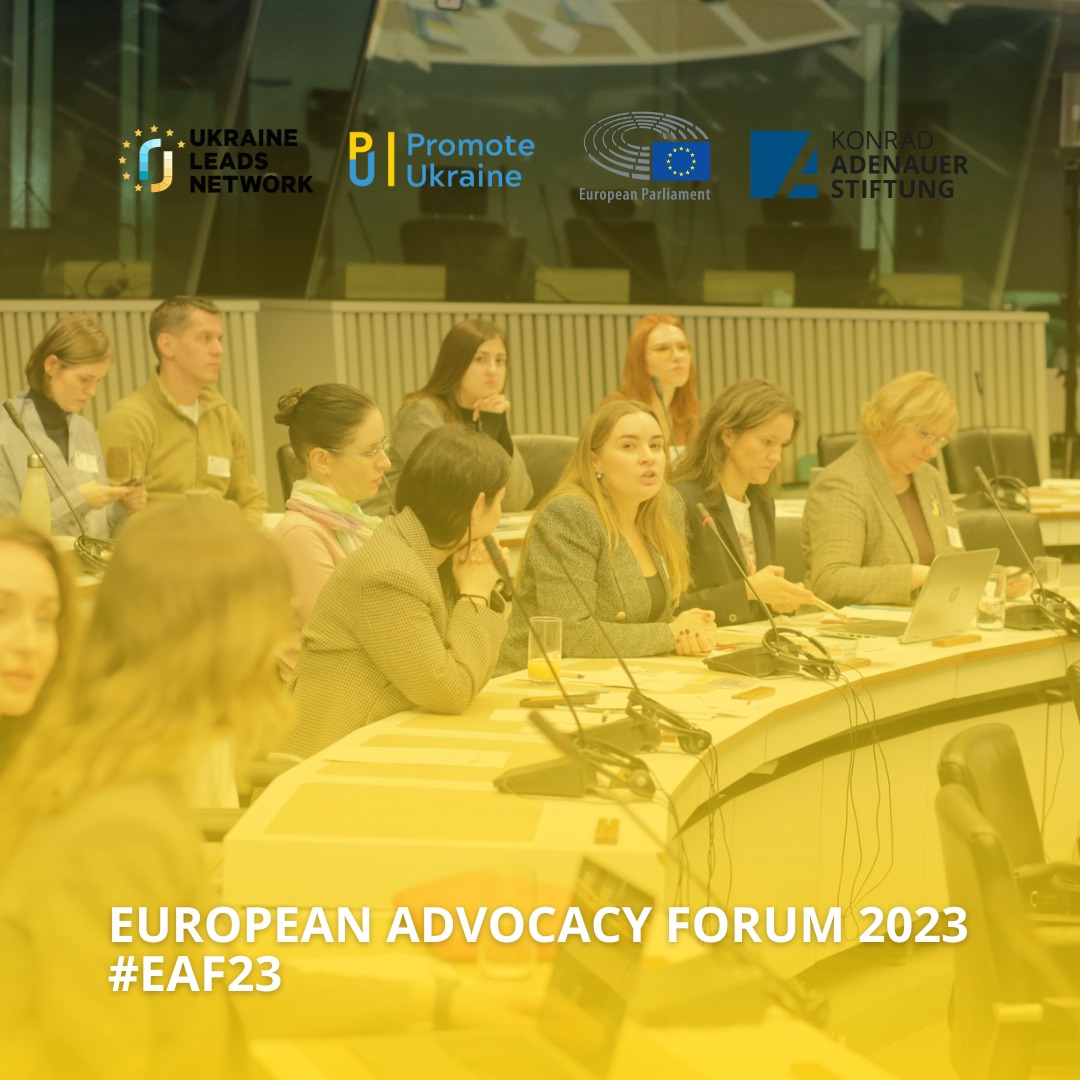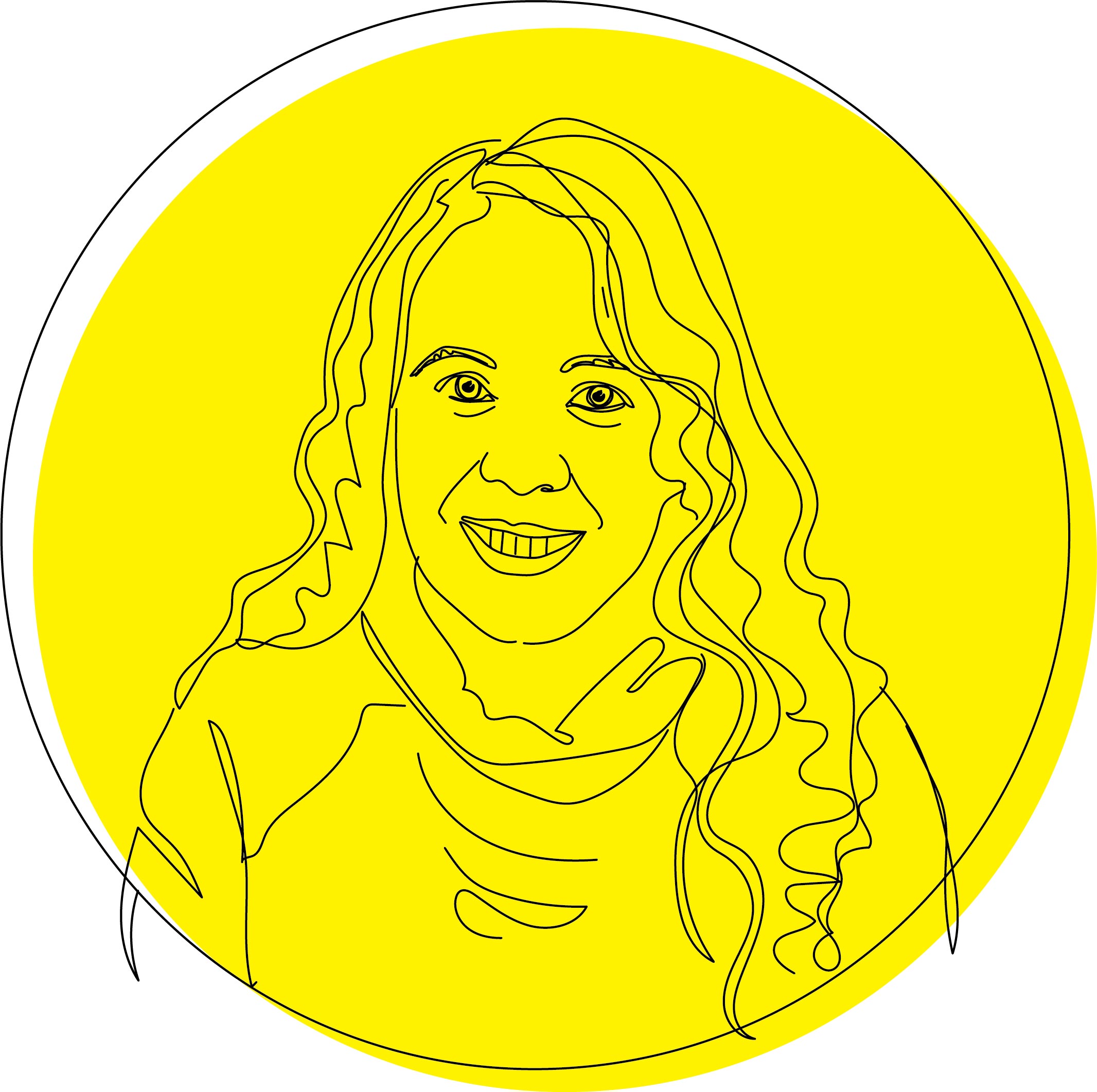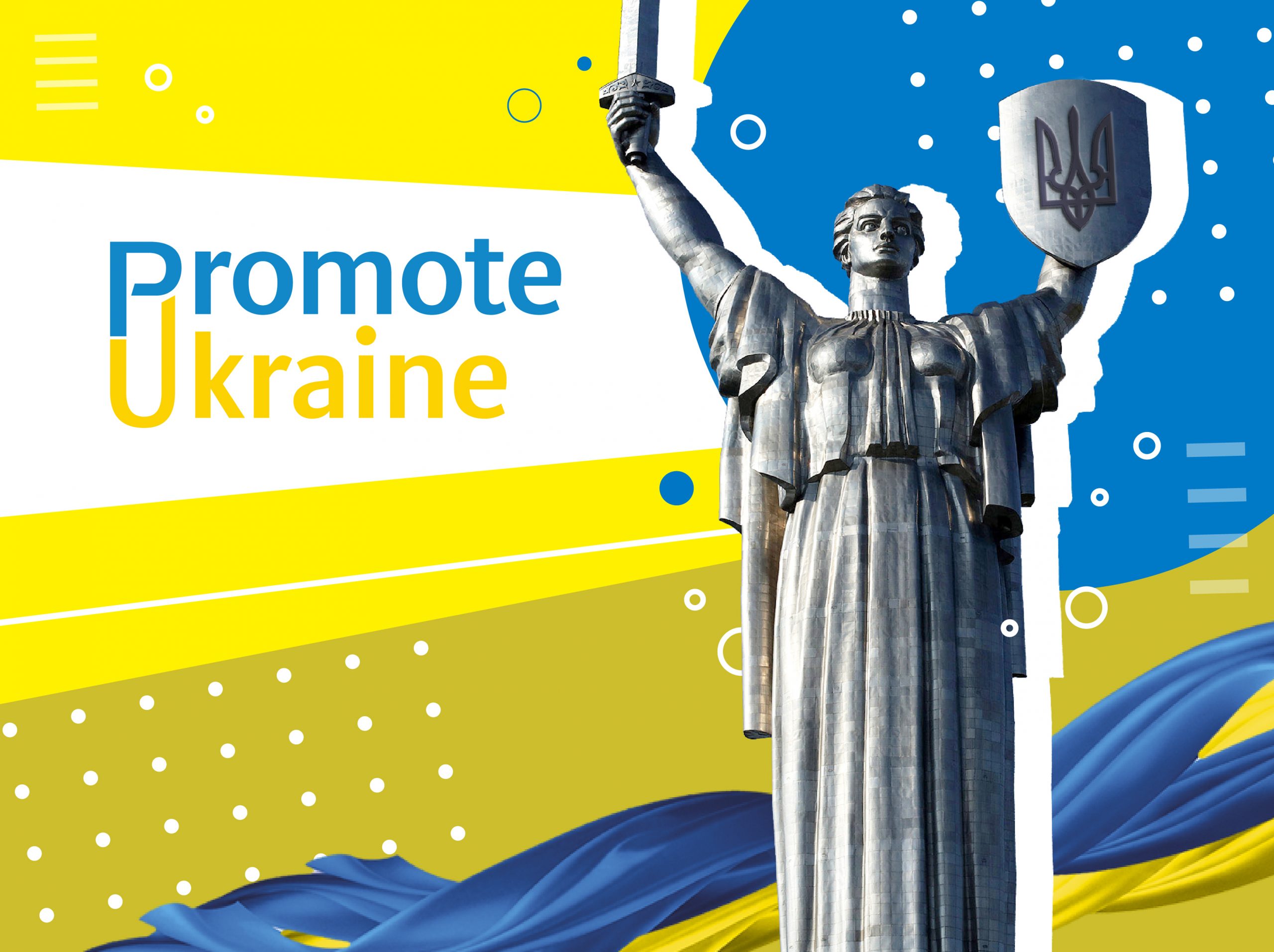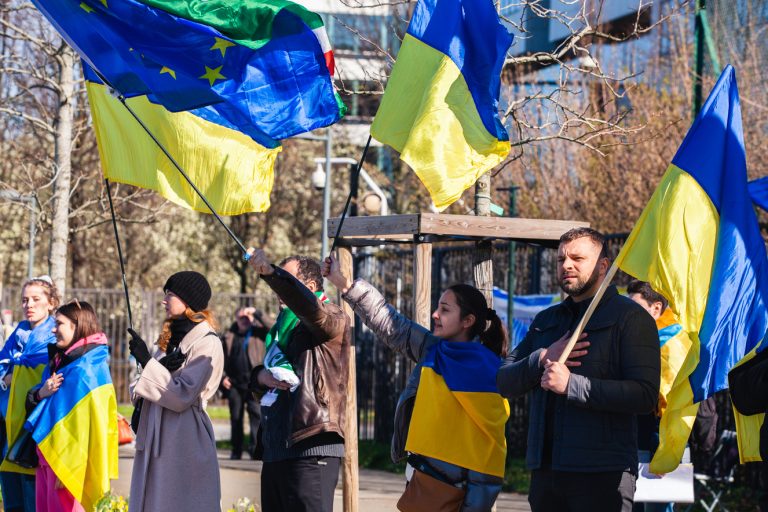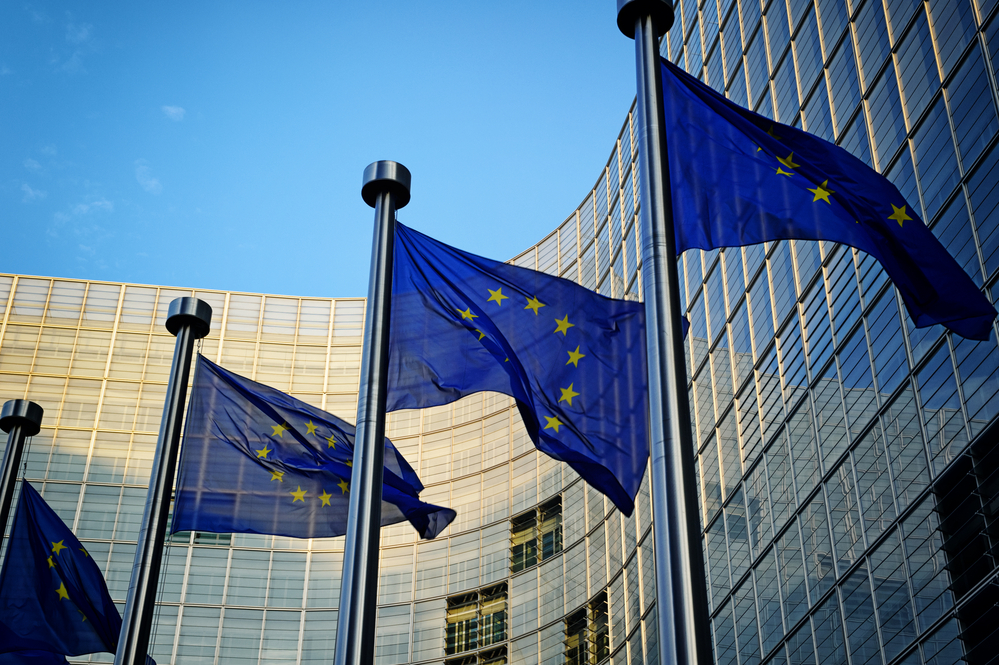“The European Commission’s offer of immediate assistance is good news. However, much more will be needed to help the EU’s eastern partners fight the coronavirus and mitigate the socioeconomic impact of this crisis”, wrote Dr. Cristina Gherasimov, a research fellow at the Robert Bosch Center for Central and Eastern Europe, Russia, and Central Asia at German Council on Foreign Relations (DGAP).
In the article “Coronavirus in the EU’s Eastern Neighborhood” Dr. Gherasimov gives several recommendations on how to support during the coronavirus crises the EU’s eastern neighbors – Ukraine, Georgia, Moldova, Belarus, Armenia, and Azerbaijan. The author thinks that the EU’s eastern neighbors need support in developing and implementing coherent epidemic strategies. She believes that Brussels needs to monitor EaP governments so that they do not misuse “extended powers for anti-democratic measures”. According to the researcher, the EU should use the Eastern Partnership summit in June to amend its new strategy, coordinate crisis management efforts in the region, and increase European solidarity with the EaP countries.
Dr. Gherasimov analyzed the state of preparedness of all Eastern Partnership countries for the COVID-19 pandemic. She mentions serious shortages of basic protective equipment and also ventilators and oxygen; shortage of medical staff, small salaries, and overwork of doctors and nurses under normal circumstances. Just one example: Ukraine, with more than 40 mln inhabitants, has 620 ventilators in hospitals for infectious diseases, whilst Germany, with the population nearly twice that of Ukraine, has 25 000 ventilators. The researcher wrote that of the six EaP countries “Ukraine is the most vulnerable to emerging outbreaks, according to the Global Health Security Index”.
Besides, there are also political factors. The expert reminds that Ukraine during a recent government reshuffle saw three health ministers in one month and that previously President Volodymyr Zelensky “had made the unpopular decision to dismiss the country’s longest-serving health minister, Ulyana Suprun, while she was undertaking comprehensive measures to overhaul the dysfunctional health-care system”.
Dr. Cristina Gherasimov pointed out that whilst Russia and China “loudly and visibly compete for an international leadership role in providing support around the pandemic, the EU is quietly delivering its assistance without much fanfare”. The EU has reallocated €140 million for the most immediate needs to combat coronavirus in the Eastern Partnership region but, according to the researcher, “it took a while for Brussels to respond”. Thus, she recommends that the EU should improve its communication strategy on the ground.
The expert also believes that Brussels should coordinate with WHP and IMF and World Bank to provide health and financial assistance to its Eastern neighbors in order to mitigate the economic impact of the current restrictions. Dr. Gherasimov thinks that the EU should guide EaP countries “in developing national action plans for economic recovery… once the pandemic is over”.
The full text can be found here: https://dgap.org/sites/default/files/article_pdfs/dgap-policybrief-2020-07-en1.pdf






 UA
UA FR
FR DE
DE